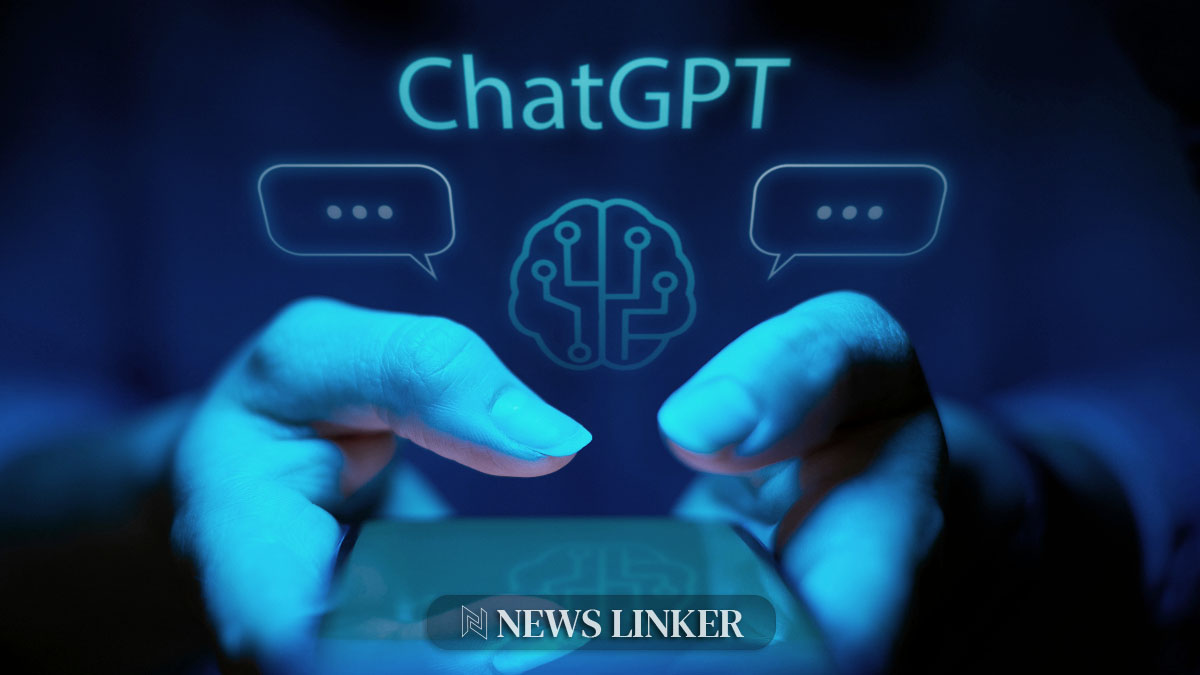The ability of artificial intelligence to discern causal relationships is essential for its effective functioning in real-world applications. This capability significantly enhances AI’s decision-making processes, adaptability to new information, and exploration of hypothetical scenarios. A newfound benchmark called CausalBench has been crafted to rigorously evaluate large language models‘ (LLMs) competence in causal reasoning, a crucial aspect for their practical utility.
Historical efforts to assess the causal reasoning in AI have predominantly utilized basic benchmarks and datasets with elementary causal structures for LLMs like GPT-3 and its derivatives. Previous frameworks that incorporated structured data into evaluations did not fully capture the complexity found in real-life scenarios, demonstrating a gap in accurately assessing AI’s causal reasoning capabilities. The advancement in this field underscores the necessity for more sophisticated and varied evaluation tools that can thoroughly measure an LLM‘s ability to handle intricate and diverse causal scenarios.
What is CausalBench?
CausalBench emerges as a comprehensive tool developed by researchers from Hong Kong Polytechnic University and Chongqing University. This benchmark features a range of complex tasks, using datasets like Asia, Sachs, and Survey, to test LLMs on their causal understanding. It utilizes F1 scores, accuracy, Structural Hamming Distance (SHD), and Structural Intervention Distance (SID) to evaluate the models’ proficiency in identifying causal relationships within a zero-shot context, without prior model fine-tuning.
How Does CausalBench Operate?
The operations of CausalBench are designed to mimic real-world conditions, challenging LLMs to establish correlations, construct causal frameworks, and deduce the direction of causality. These evaluations provide insights into each model’s inherent capabilities to decipher causal links, an important factor for applications requiring logical inference based on causality.
What Have Initial Evaluations Uncovered?
Preliminary assessments using CausalBench have shown significant variances in performance among LLMs. For instance, models like GPT4-Turbo demonstrated impressive results in simple correlation tasks but faced a decline in scores when confronted with intricate causality assessments involving the Survey dataset. These findings are illuminating for future AI development, pinpointing the need for enhanced training and algorithm refinement to improve causal reasoning in LLMs.
Useful Information for the Reader
In conclusion, CausalBench offers a new dimension in evaluating AI’s causal reasoning, which is paramount for its deployment in scenarios where causality forms the core of decision-making. The approach taken by the researchers allows for an in-depth analysis of LLMs, providing a clear direction for future advancements in the field. Continuous progress in AI’s ability to understand and manipulate causal information will undoubtedly enhance its reliability and effectiveness across various domains.
- CausalBench evaluates AI’s causality understanding.
- LLMs tested on complex causality scenarios.
- Diverse AI performance indicates training necessity.










